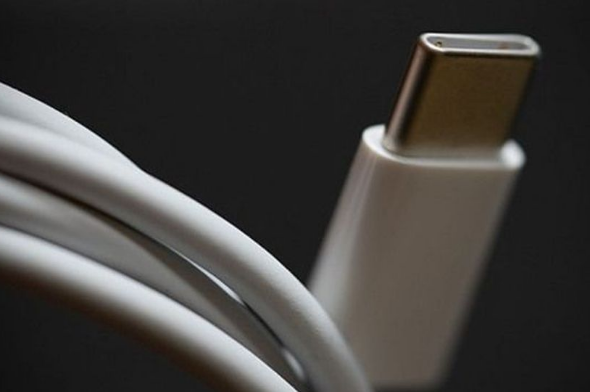Connection to DriversCloud Create a DriversCloud.com account Reset your DriversCloud.com password Account migration
The European Commission wants to impose a universal USB-C charger
A draft European directive wants to put an end to the countless references on the market by imposing a single charger, in USB-C.
Simplifying the life of consumers while making a (small?) gesture for the planet, such seems to be the will of the European Commission which is working on a draft directive to review the monstrous cacophony that still reigns in the world of chargers for smartphones, but also tablets and headphones in particular. The thing seems to be going in the right direction for the consumer who has to juggle between several chargers depending on the device concerned. The ecological aspect is not completely insignificant either: why have multiple chargers when one or two could be enough to "fill up" on many devices? This would avoid a huge waste and the issue of resale would be simplified.
Announced at the end of last week, the draft European directive follows numerous incentives from the European Union. Since 2009, the Commission has " facilitated a voluntary agreement of the industry " to reduce the number of cell phone chargers available on the old continent. With some success, since the 30 models of chargers in 2009 have now been reduced to 3. However, this new announcement, which aims to standardize things a little more and move towards a universal USB-C charger, does not make everyone happy, especially Apple.
Margrethe Vestager, executive vice president of the Commission, said in parallel to the publication of the draft: " We have given the industry all the time it needs to propose its own solutions, but the time has now come to take legislative action for a universal charger. It is not clear that Apple will listen to this, as the Cupertino-based company has for years held back on the slightest attempt to harmonize with its competitors: its iPhone relies on a specific charger and it intends to keep it. In 2019, in a notice sent to the Commission, the American company took refuge behind the " Apple defends innovation " explaining that " regulations that push for compliance through a type of charger integrated into all smartphones freeze innovation instead of encouraging it. Such proposals are bad for the environment and unnecessarily disruptive to customers."
Following the presentation of the project by the European Commission, Apple issued a statement along the same lines, but this time the American company seems to be aculated. However, it remains to be seen what the reaction of the European Parliament and the Council will be, as both bodies are expected to consider the project and decide whether or not to adopt it. Apple will still have plenty of time to adapt, however, as a two-year " transition period " will then be applied to the adoption date to allow companies in the sector " sufficient time to adapt before the implementation".






